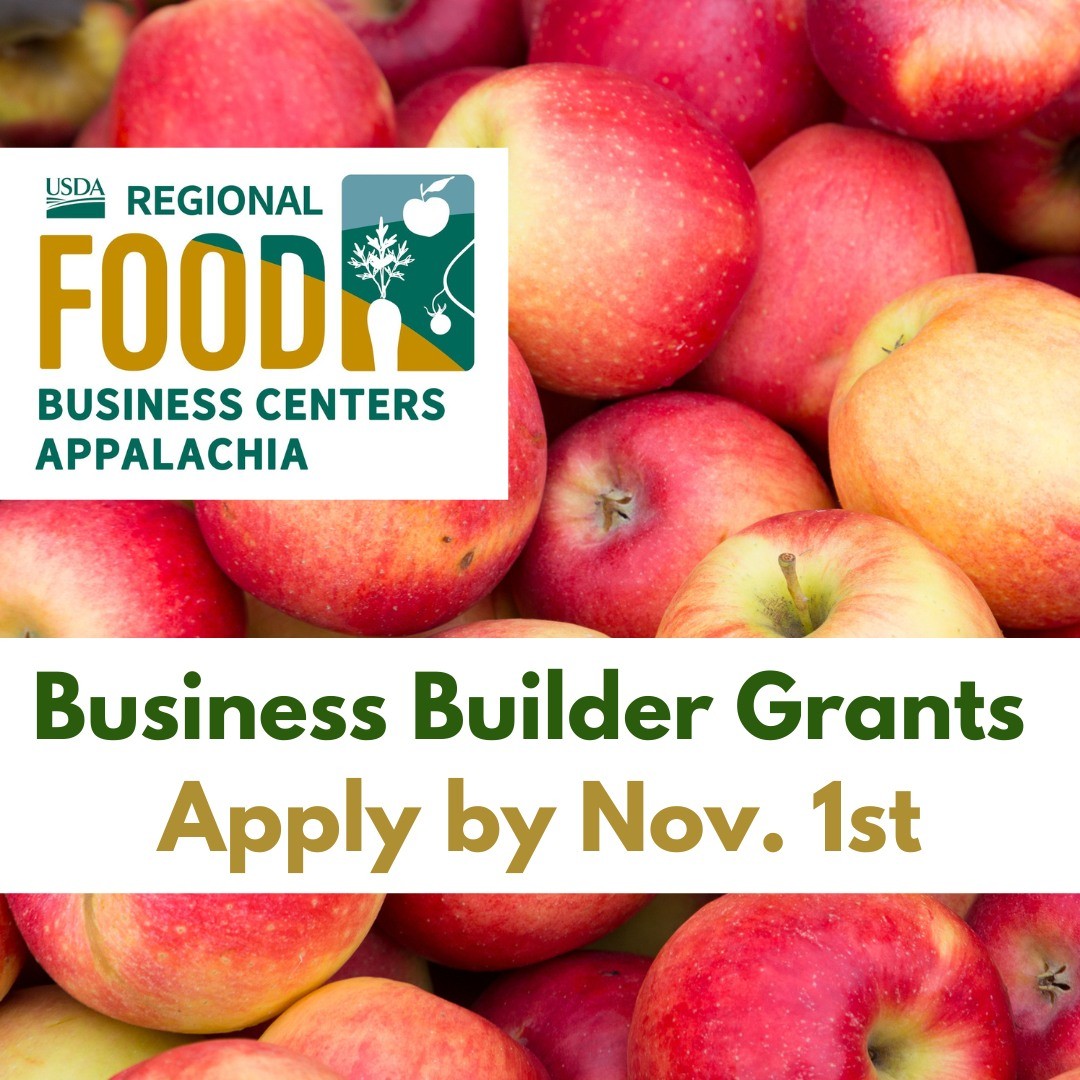From National Geographic by Mary Beth Albright
Once upon a time, people went to law school because they had many interests and law was a true liberal arts profession that allowed the expression of those many interests.
The law touches everything so lawyering was an opportunity to be involved in a variety of subjects, to enjoy a curiosity-satiating career while making the world a better place. I believe it’s why so many students continue to flock to law schools despite erosion of the longstanding six-figure-job-first-year-out-
To students hungry for satisfying Renaissance-person employment that uses the many creative talents that getting into and through law school requires, allow me to suggest a career from the menu: food law.
Food lawyers study, use, and create rules to improve the food network. The client can be a chef, the city or federal government, a nonprofit organization, or a farmer. Our work touches every area of law: zoning, contracts, environmental, constitutional, international, trade, patents, animal and human rights, immigration. I moderated a panel last month on using laws to ensure food access in new low-income construction developments. Being a food lawyer not only allows, but requires, interdisciplinary thinking and using the existing system in inventive ways.
The legal cafes give free advice to new food businesses.
I’ll admit my dedication to growing the relatively unknown decade-old specialty is somewhat selfish, as I get lots of blank stares at cocktail parties and comedic gems like, “Do you represent Twinkies?” But food law is gaining recognition due in part to the establishment of food law programs at Harvard and University of California, Los Angeles and the ever more vocal good food movement fighting for legal issues as diverse as GMO labeling and wine importing anti-terrorism requirements.
A wonderful recent article in the Wisconsin Law Review notes that the field is often associated with either agriculture law or food and drug law, both of which are fully developed fields but neither of which “focuses in whole or in part on many of the most pressing legal issues that currently impact our food system.” Chef Bobby Flay once told me, “I wake up every morning and see the word ‘FOOD’ written in the sky; I see the whole world through food.” As food law grows into a recognized independent specialty, more scholarly articles, academic brainpower, and law school classes will be devoted to seeing “FOOD” written in the legal sky. And eventually, more students who think through the prism of the food system will graduate from school and put their work into the world.
Established lawyers who have no specific training in food can help by volunteering to take on cases through referral programs like New England’s Legal Services Food Hub where food entrepreneurs can receive free legal services—a boon to those working in passion-driven businesses with small margins. Unless your investor is an internet billionaire, it’s often difficult to get even the best ideas off the ground, and any small business owner can attest that legal services can be overwhelmingly expensive.
Food law books on display at a legal cafe event.
Food law provides a channel to push back against the lawyer-as-destructor cliché, which is depressing for those who strive to be innovative within the law. The field supplies opportunity to be constructive, contribute to a health-improving system, and have real person-to-person contact with clients. Starting a new specialty also rewards pioneer sensibilities in a way that is rare in law; it’s a frontier to explore.
Food law is just starting to exist in America outside of academia; my Google news alert for the phrase returns foreign articles the majority of the time. But now that there is more food law in schools, there will be more food lawyers. When experts study food as a single legal scholarly area, questions will arise and solutions will be recognized that would not have been considered if not for the distinct focus.
Back in 2006 when I told a colleague that I wanted to combine two of my intense interests and pursue food law, he said it sounded like I was taking something fun and turning it boring. As a food lawyer last week, I got to talk to chefs, journalists, a horticulturalist, an operator of a farmers’ market, a city councilwoman, a sausage maker, a food technology inventor, and an urban planner.
I think food law will do just fine.
This story is part of National Geographic’s special eight-month Future of Food series.




